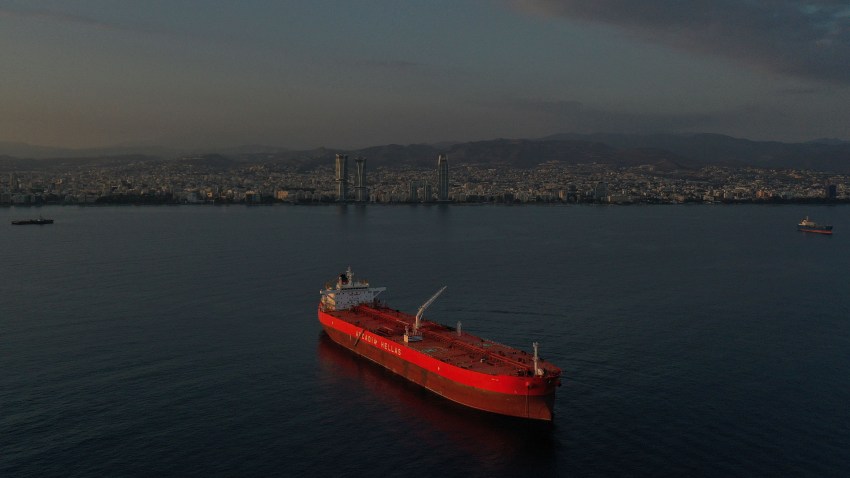In recent decades, the Mediterranean has regained part of its centrality as a nodal point of global trade between Europe, Asia and Africa. With lower costs than Northern European ports, there has been a push to increase the logistics capability of the region. More recently, with the pandemic and the growing mistrust of industrial dependence on China, Southern and Eastern Mediterranean nations are benefiting from the near-shoring practices of European companies aiming to de-risk from China. And since Russia’s all-out invasion of Ukraine, natural gas reserves in the Eastern Mediterranean and Algeria have gained renewed interest among European countries.
The war in Gaza, however, has now imperiled this positive trend. In a gesture of support for the Palestinian cause, and to protest the civilian cost of Israel’s military operations in Gaza, Yemen’s Iran-backed Houthis have targeted container ships in the Red Sea with a series of advanced drone and missile attacks as well as armed boardings. In recent weeks, after a multilateral naval task force failed to stop the attacks, the U.S. and its allies began responding with missile strikes against the Houthis’ land-based positions in Yemen. The risk of escalation has further disrupted global trade routes.
The de facto blockade of the Suez Canal very clearly harms the Mediterranean’s connectivity and raises risks of yet another surge of inflation. Perhaps less obvious, however, is that it also reinforces some of the previous trends that had benefited certain sectors and countries in the Mediterranean. As a result, the perturbations of maritime trade routes through the Red Sea blend elements of both challenge and opportunity for Mediterranean nations.

